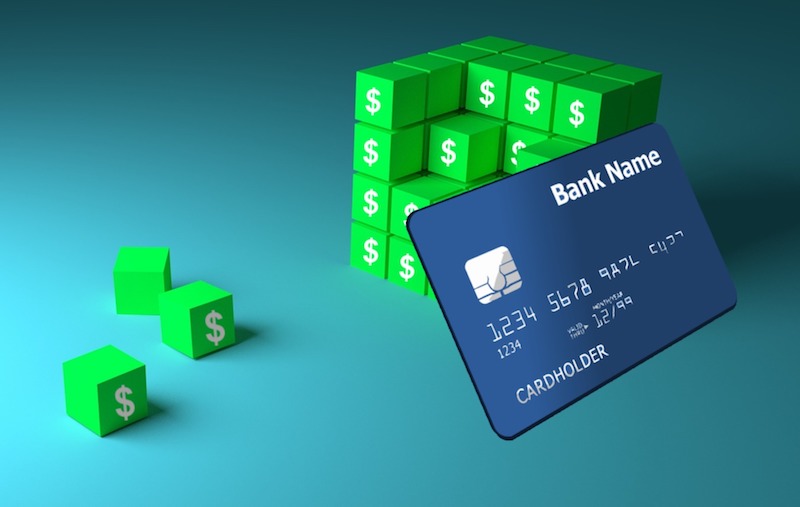 Just like a personal credit score, a business credit score helps potential financiers decide whether you are a good investment or not. It’s usually a rate between 1-100; the higher the rating, the higher the likelihood of getting financed. A high credit rating shows that your business has taken out loans and repaid them without any issues.
Just like a personal credit score, a business credit score helps potential financiers decide whether you are a good investment or not. It’s usually a rate between 1-100; the higher the rating, the higher the likelihood of getting financed. A high credit rating shows that your business has taken out loans and repaid them without any issues.
One distinguishing factor between personal and credit score is that personal FICO scores range from 300 to 850 while business credit scores are from 0 to 100. It’s important to check your score so that you know what to modify. For personal credit scores, you can check the ranking at https://www.crediful.com/fico-credit-score-range/.
How to establish your business credit
There are steps towards building your business’s credit:
- Form a limited liability company (LLC). This means it will be a separate entity from you as an individual.
- Open a business bank account under your registered legal business name.
- Get a Federal Employer Identification number which will be useful when efiling business tax returns
- Get a business phone line registered under your legal business name and ensure that you list it.
What affects your business credit score?
Various factors affect your business credit rating:
- The length of credit history
Old credit helps the score go higher. If you have a series of old credit that the business paid on time, it stands to rank higher. This gives potential financiers courage to issue you out with loans.
- Business payment history
The credit rating goes higher or lower depending on the payment history. Have you been paying all your creditors on time? Late payments will automatically affect the score.
- Credit utilization ratio
This is what you owe in relation to the credit limits. If you are maximizing on all your possible credit lines, that’s a red flag for lenders. Ensure that your ratio is below 30 percent of the total credit.
- Business public records
Sometimes, the business may not do so well, and you end up filing for bankruptcy. Such a move will hurt your business credit score. Just like a personal credit score, filing bankruptcy lowers the credit score significantly. A business credit score needs to be kept high to avoid missing out the primary key financiers.
Why you need to worry about your business credit score
1. It is an avenue for getting loans from top lenders
Almost everybody wants a piece of the good businesses. When looking for business financing, you’ll notice that there are numerous lending institutions. You’ll get different offers from different people with varied terms.
Lenders prefer businesses that have a good credit score. As such, if you have a high business credit score, you’ll be at a position to renegotiate the terms. A poor credit score will get you less interested parties.
2. Capital Access
As mentioned above, you get more lenders with a good business credit score. Aim at getting a worthy lender. The amount of cash you qualify will highly depend on the business’s score.
There will be a limit to a not so good credit score because nobody wants to risk their money on a high-risk business. The most significant advantage of applying for a loan as a business is that you will get much more money when compared to applying as an individual.
3. Interest rate
Among the major things a lender looks at when deciding whether to issue loans to businesses or not is the credit score. Poor credit scores attract high APR. Before finally signing that contract, make sure that you have the best interest rate before you end up being bankrupt.
4. Trade credit
Every business at one point needs suppliers for it to operate smoothly. How well do you relate to them? Developing trust between you is crucial since sometimes you may not have cash at hand, and you may need to get some supplies on credit; this is termed as trade credit.
Your business credit score will help the suppliers develop some level of trust such that they can confidently supply items and expect payment at a later date.
5. Personal credit
Your personal finances should be different from business ones. Getting credit cards to finance your business is a wrong move as this could potentially destroy both your business and personal credit score. The worst could come to the worst and end up having insane loans you are unable to pay which creates a series of missed payments.
A business credit score is equally as important as a personal one. Take measures that will keep your business headed in the right direction which will lead to an even higher credit rating.